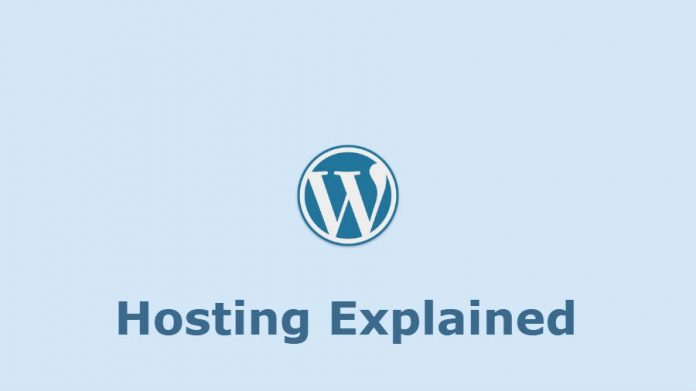
In today’s world, any company, content creator, and even home business needs to have a website. Registering a domain name and choosing the right web hosting service are the first steps you need to take to ensure an online presence.
While all of this might sound overwhelming and confusing to some people who are not the best at dealing with the tech side of things, there is no need to worry. Some companies offer these services and have a friendly UI.
Not everyone can afford or has the technical knowledge to program a website from the ground up, so millions of people choose WordPress as a readymade option to start their online ventures. Here we go through some difference between regular and WordPress hosting for you to make the best choice.
Domain hiring is easy and seamless
Nowadays, most would say the hardest part about hiring a domain is choosing the domain name itself. Regarding the actual service, many hosts offer options that readily include hosting in the bundle.
In simple terms, it is the ‘name’ of your website. Users look things up by name when they surf the web, and they search for your site’s name through a search engine that indexes it and retrieves it to show in its results.
Now, what hosting service providers do is store that file name along with the content of your website in one of their servers for easy access. Different hosts offer different options and are developed for various purposes.
What’s the difference between WordPress and regular web hosting?
https://www.youtube.com/watch?v=Uucjx5bJm0M
Essentially, the difference between regular web hosting and WordPress hosting is that the second is optimized for sites built on the WordPress platform, while the first can support websites created from the ground up outside this framework.
Many hosts offer WordPress alternatives as well and depending on the hosting service you decide to hire, you will get different results out of your online incursion experience.
For instance, platforms which also double as hosts like Blogger and WordPress.org offer free web hosting of the domain you decide to register for your site. However, these will usually rely on ads for revenue by default and pack only limited webmaster options since the service is free.
Paid alternatives are wide-ranging, with services for hire at monthly and annual rates as low as a couple of dollars up to hosting options in the $100s and above. Shared web hosting, for instance, is cheap because you are sharing the costs of the server with other sites, but you also get affected by your roommates’ traffic.
Virtual private servers (VPS), on the other hand, are more expensive in spite of also being shared because not as many sites are located on the same server. Thus, it is easier to allocate resources to each of them and avoid performance drawbacks.
Dedicated or managed web hosting is at the high end of hosting services because it gives you an exclusive server for your site and it leaves you in charge of all the backend management. Web pages that need a lot of resources and performance are better off with something along these lines.
WordPress hosting, finally, gives people access to a service optimized to work with the popular content management system used by tens of millions. Tech support is usually automatic and falls on the host’s responsibilities, but if you tweak your site too much, you might want to consider getting people to handle that too.
What features should I look for in a WordPress hosting service?
Hosts like Bluehost, DreamHost, GoDaddy, HostGator, SiteGround, and 1&1 all offer web and WordPress hosting alike. There are many more providers, so it all comes down to what you want out of your WordPress experience.
There are a couple of factors to consider, including things we take for granted like whether your host offers 24/7 support for their customers, or if it has any factors that might influence your site’s uptime (i.e. if it will always be up and available to browse).
Other elements like unlimited data transfers vary from host to host, with some claiming they do offer it but have data caps in place for some specific storage options, for example.
If you have done your research, you might also want to take a look at your provider’s servers and check if they use Windows or Linux-based systems. Things like domain-specific emails and SSL encryption for security are usually a given in most hosts.
WordPress is a great platform with support for hundreds of plug-ins and growing community that makes sure everything runs smoothly and safely. If you plan on building your site in this environment, WordPress hosting is definitely something you need to check out.











I did not notice any difference in performance between hosts claim they are WP optimized and other general hosts.
The all provide good service, but no difference.
Godaddy, 99cloudtech.com , siteground.com ,, they provide good service, nice support , similar prices…. but 99cloudtech is providing much better prices for VPS and dedicated servers.